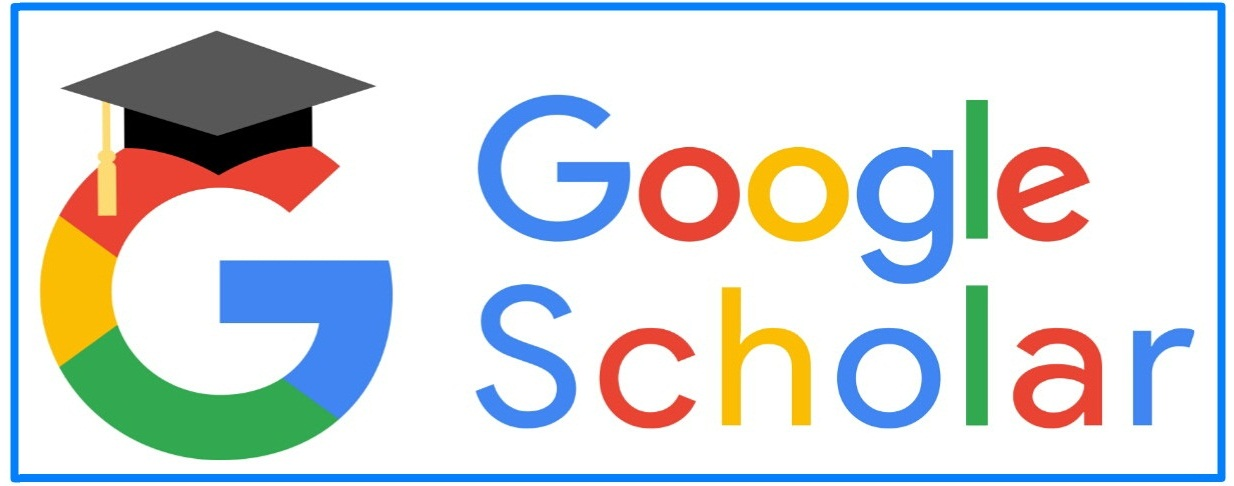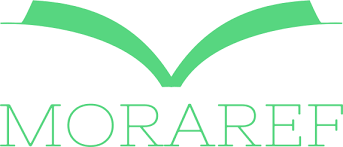Program Pendampingan dan Pemberdayaan Kelompok Masyarakat pada Komunitas Tuli Peduli Bitung (Kaleb)
Abstract
The activities of mentoring and empowering community groups in the Bitung Deaf and Caring Community (KALEB) aim to develop the potential of persons with disabilities (deaf) to get opportunities for self-actualization and increase self-confidence. This activity began with the provision of hearing aids, followed by the provision of sign language learning books. Furthermore, there is assistance in processing inorganic waste for all KALEB members, processing organic waste as a craft object for the deaf community. Other activities include the establishment of literacy cafes, screen printing and sign language education. The results of the mentoring and empowerment of community groups in the Bitung Deaf Care Community (KALEB) gave rise to a glimmer of hope to all KALEB participants that they too are part of the community. KALEB participants rose from mental retardation and lack of confidence. Support for hearing aids, procurement of sign language learning books, sign language education programs, and socio-economic programs have made it more convincing for deaf friends that they can actually be present in the midst of the general public.
Downloads
References
Aschenbrener, C., & Johnson, S. (2017). Educationally-based, culturally-sensitive, theory-driven mentorship intervention with at-risk Native American youth in South Dakota: A narrative review. The Journal of Child and Family Studies, 26 (1), 14–27. https://doi:10.1007/s10826-016-0537-z
Cawthon, S., Johnson, P., Garberoglio, C. L., & Schoffstall, S. (2016). Role models as facilitators of social capital for deaf individuals: A research synthesis. American Annals of the Deaf, 161(2), 115–127. https://doi:10.1353/aad.2016.002
Cawthon, S., Garberoglio, C., Caemmerer, J., Bond, M., & Wendel, E. (2015). Effect of parent involvement and parent expectations on postsecondary outcomes for individuals who are d/Deaf or hard of hearing. Exceptionality, 23(2), 73–99. https://doi:10.1080/09362835.2013.865537
Collings, R., Swanson, V., & Watkins, R. (2014). The impact of peer mentoring on levels of student wellbeing, integration and retention: A controlled comparative evaluation of residential students in UK higher education. Higher Education, 68(6), 927–942.
Cue, K. R. (2020). Hegemonic deaf and hearing cultures of the United States: A deaf ecological systems perspective [Unpublished doctoral dissertation]. Lamar University
Delgado, N. J. (2020). Mis aspiraciones para mis hijos: Latina immigrant mothers’ experiences of early intervention with their deaf children [Unpublished doctoral dissertation]. Lamar University
Garberoglio, C. L., Schoffstall, S., Cawthon, S., Bond, M., & Ge, J. (2014). The role of self-beliefs in predicting postschool outcomes for deaf young adults. Journal of Developmental and Physical Disabilities, 26(6), 667– 688. https://doi:10.1007/s10882-014-9388
Gunawan, D. (2016). Modul Guru Pembelajaran SLB Tunarungu . Bandung. PPPPTK TK DAN PLB.
Greene-Woods, A. N. (2020). Is spoken language truly accessible?: An investigation on the spoken development in deaf and hard of hearing children [Unpublished doctoral dissertation]. Lamar University.
Hall, M. L., Hall, W. C., & Caselli, N. K. (2019). Deaf children need language, not (just) speech.
First Language, 39(4), 367–395. https://doi.org/10.1177/0142723719834102.
Hall, W. C., Levin, L. L., & Anderson, M. L. (2017). Language deprivation syndrome: A possible neurodevelopmental disorder with sociocultural origins. Social Psychiatry and Psychiatric Epidemiology, 52 (6), 761-776. https://dx.doi.org/10.1007%2Fs00127-017-1351-7
Hamilton, B. (2017). The Deaf Mentor program: Benefits to families and professionals (Doctoral dissertation). Available from ProQuest Dissertations and Theses database. (10634208)
Henderson, R., Johnson, A., & Moodie, S. (2014). Parent-to-parent support for parents with children who are deaf or hard of hearing: A conceptual framework. American Journal of Audiology, 23, 437–448. https://doi:10.1044/2014_ AJA-14-0029
Jannati S M. (2019). Dukungan Sosial Gerakan untuk kesejahteraan tunarungu Indonesia (Gerkatin) Terhadap Penyandang Tuli. Empati Jurnal Ilmu Kesejahteraan Sosial. Volume 8 Nomor 1 Tahun 2019. Hal 1 – 9.
Kemenkes. (2019). Disabilitas Rungu. InfoDATIN Pusat Data Dan Informasi Kementerian Kesehatan RI.
Kemsos. (2019). Sistem informasi management penyandang disabilitas kementerian sosial. https://simpd.kemsos.go.ig
Lindsay, S., Hartman, L. R., & Fellin, M. (2016). A systematic review of mentorship programs to facilitate transition to post-secondary education and employment for youth and young adults with disabilities. Disability & Rehabilitation, 38(14), 1329–1340, https://doi.org/10.3109/09638288.2015.1092174
Sugianto, N., & Samopa, F. (2015). Analisis Manfaat dan Penerimaan Terhadap Implementasi Bahasa Isyarat Indonesia Pada Latar Belakang Komplek Menggunakan Kinect dan Jaringan Syaraf Tiruan. Jurnal Informatika dan Sistem Informatika, 56-70.
Undang – undang Republik Indonesia Nomor 8 Tahun 2016 Tentang Penyandang Disabilitas.
United Spinal Association. (2015). Etike berinteraksi dengan penyandang cacat: Panduan dalam berinteraksi dengan penyandang cacat. Diterjemahkan oleh Indro Suprobo, Yogyakarta: ASB Indonesia
WHO. (2019). Deafness and hearing loss. https://www.who.int/news-room/factsheets/detail/deafness-and-hearing-loss
- Authors retain copyright and grant the journal right of first publication with the work simultaneously licensed under a Creative Commons Attribution License that allows others to share the work with an acknowledgement of the work's authorship and initial publication in this journal.
- Authors are able to enter into separate, additional contractual arrangements for the non-exclusive distribution of the journal's published version of the work (e.g., post it to an institutional repository or publish it in a book), with an acknowledgement of its initial publication in this journal.
- Authors are permitted and encouraged to post their work online (e.g., in institutional repositories or on their website) prior to and during the submission process, as it can lead to productive exchanges, as well as earlier and greater citation of published work (See The Effect of Open Access).








